Lidl launches ‘hangover-free’ Prosecco line
New version of fizz released just in time for Christmas - but is it too good to be true?
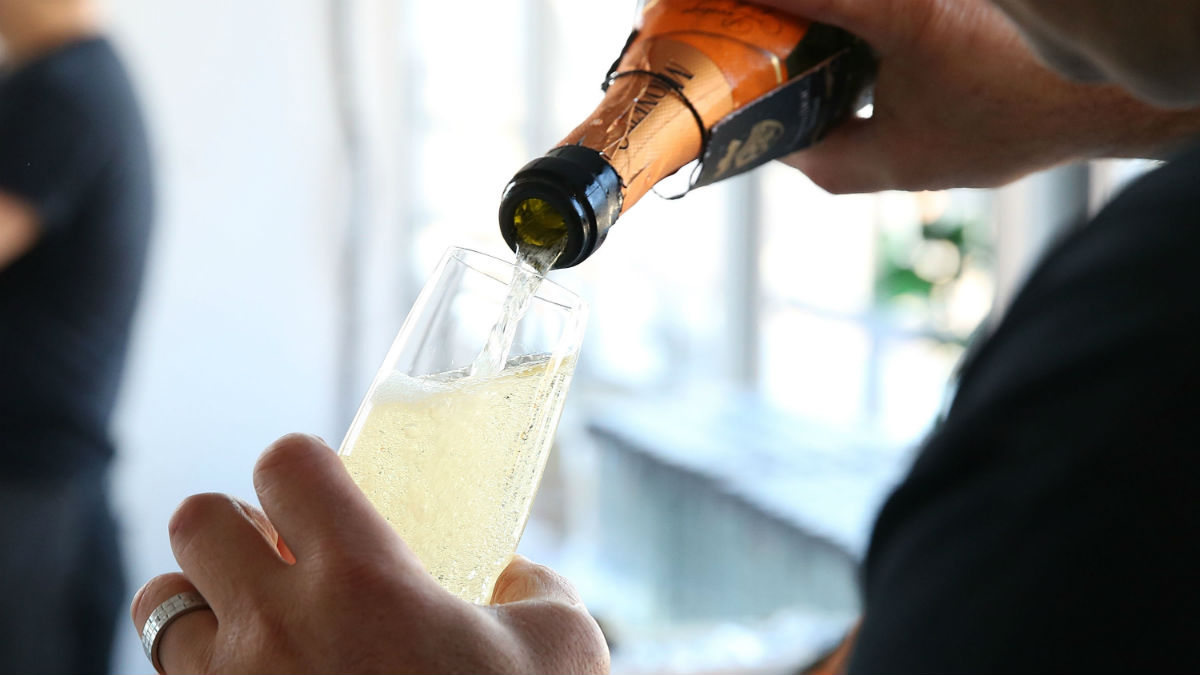
A free daily email with the biggest news stories of the day – and the best features from TheWeek.com
You are now subscribed
Your newsletter sign-up was successful
Christmas has come early for wine-drinkers thanks to Lidl and their new ‘hangover-free’ Prosecco.
The discounter’s “Organic Prosecco Spumante for £7.99 hits shelves on Thursday and is poised for a sell out,” says The Daily Mirror.
Lidl claims their organic drink will banish that morning-after feeling as it has less sulphites, which lead to hangovers.
The Week
Escape your echo chamber. Get the facts behind the news, plus analysis from multiple perspectives.

Sign up for The Week's Free Newsletters
From our morning news briefing to a weekly Good News Newsletter, get the best of The Week delivered directly to your inbox.
From our morning news briefing to a weekly Good News Newsletter, get the best of The Week delivered directly to your inbox.
“We’ve all had that shocking wine hangover. This is sometimes attributed to the sulphite preservatives used in wine to keep them fresher for longer,” says Lidl’s master of wine, Richard Bampfield.
“Generally, organic wine producers use a lower level of sulphites in the production process, which means they are less likely to contribute to hangovers,” he adds.
“So if you don’t react well to sulphites you could be saying good riddance to hangovers with Lidl’s Organic Prosecco Spumante.”
But Metro issues a word of warning as “people aren’t completely sure what element of booze causes hangovers”.
A free daily email with the biggest news stories of the day – and the best features from TheWeek.com
“Some folks think it’s down to a number of sulphates - in which case, this Prosecco is going to change lives - and others think it’s more down to the ethanol, in which case literally no wine is ever going to be completely hangover-free.”
Sales of Prosecco have risen dramatically in recent years, with the UK market expected to soar by more than 17% by 2020 to 8.3 million cases per year.
“Globally, sales of Prosecco are set to rocket by 36% over the next five years, giving the Italian bubbly 9.2% of the sparkling wine market,” says The Mirror.
By comparison, Champagne sales are only expected to rise by 1% while Cava will remain unchanged.
-
 The problem with diagnosing profound autism
The problem with diagnosing profound autismThe Explainer Experts are reconsidering the idea of autism as a spectrum, which could impact diagnoses and policy making for the condition
-
 What are the best investments for beginners?
What are the best investments for beginners?The Explainer Stocks and ETFs and bonds, oh my
-
 What to know before filing your own taxes for the first time
What to know before filing your own taxes for the first timethe explainer Tackle this financial milestone with confidence
-
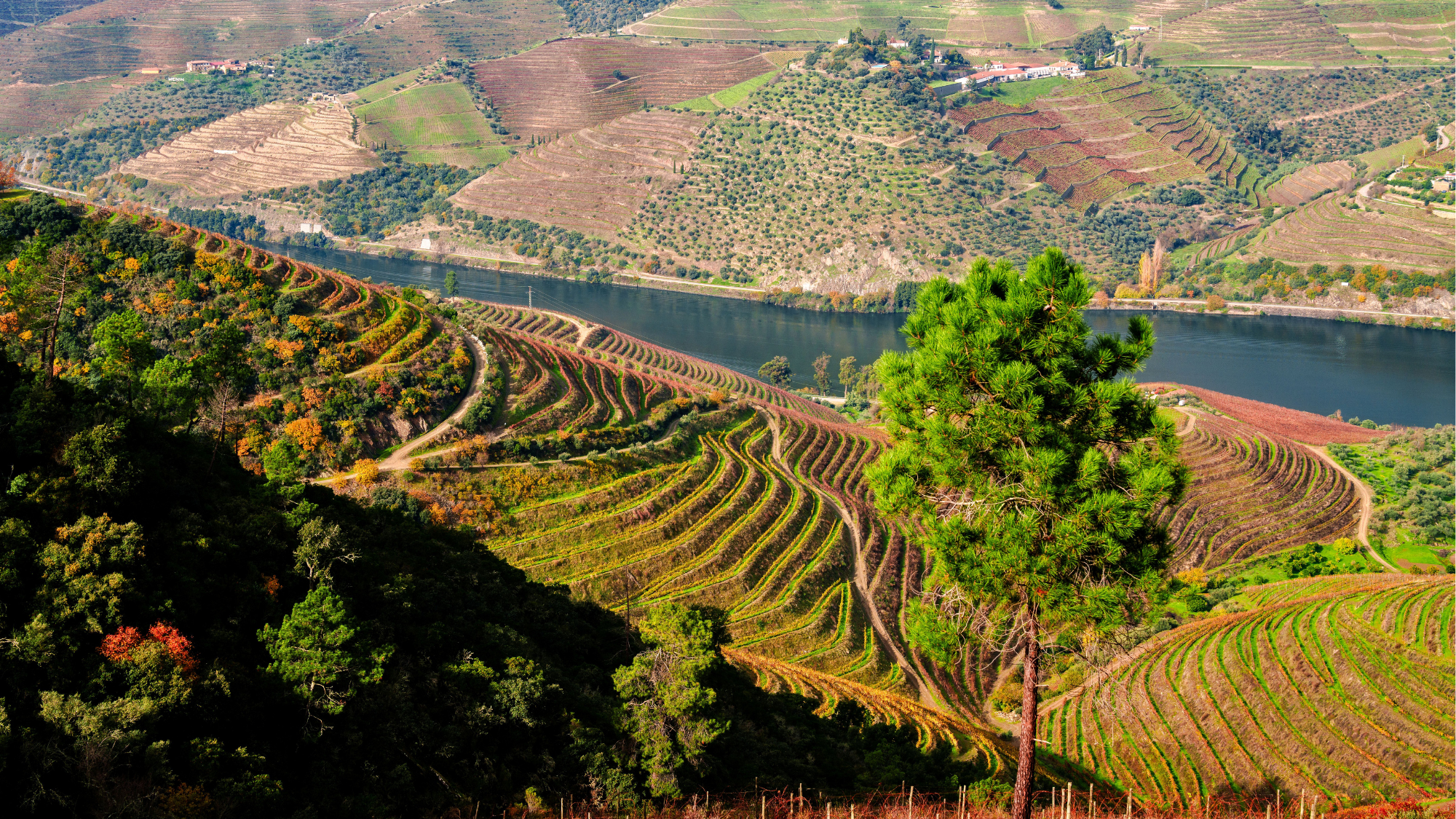 Where to begin with Portuguese wines
Where to begin with Portuguese winesThe Week Recommends Indulge in some delicious blends to celebrate the end of Dry January
-
 Touring the vineyards of southern Bolivia
Touring the vineyards of southern BoliviaThe Week Recommends Strongly reminiscent of Andalusia, these vineyards cut deep into the country’s southwest
-
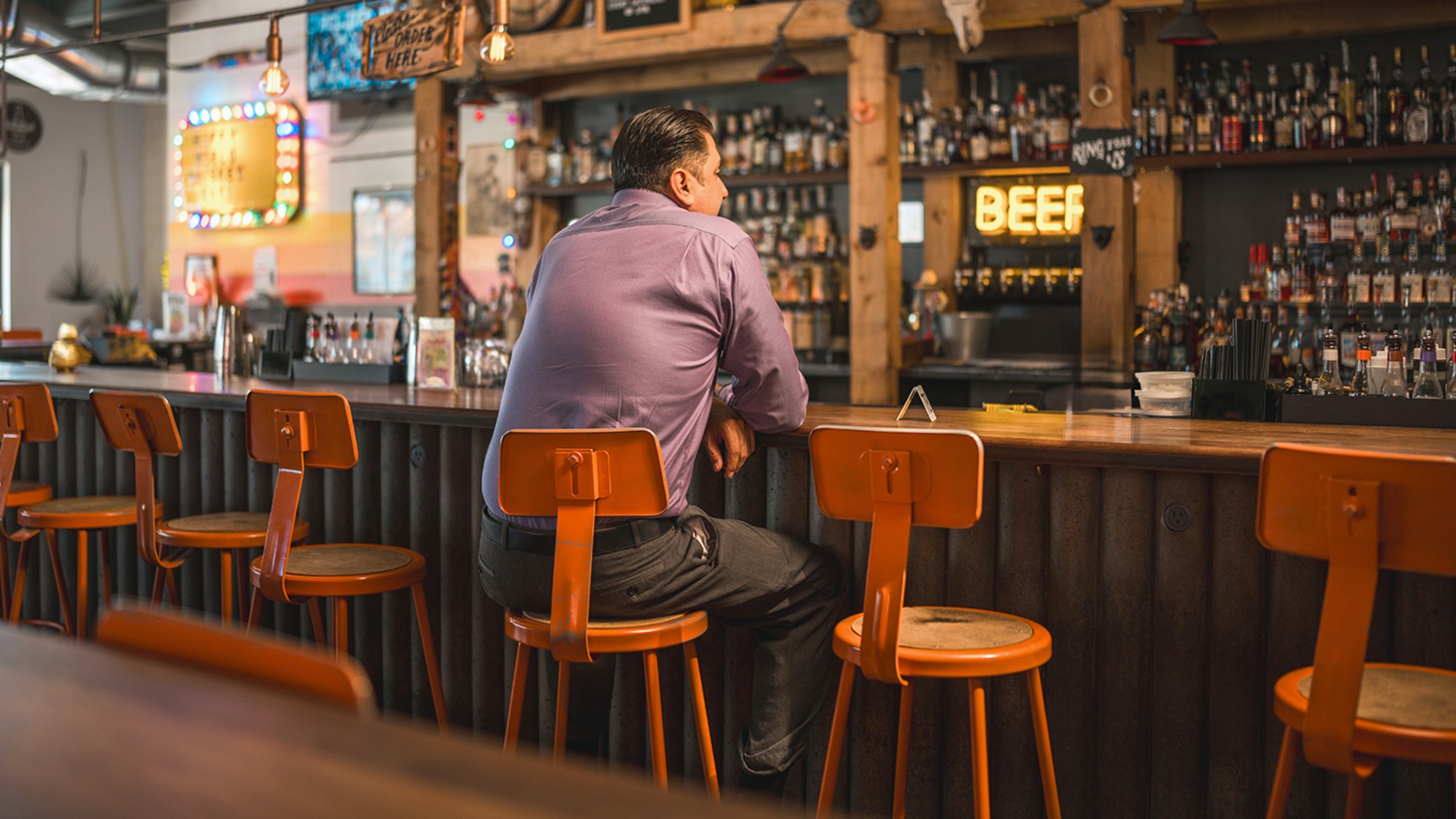 Giving up the booze
Giving up the boozeFeature Sobriety is not good for the alcohol industry.
-
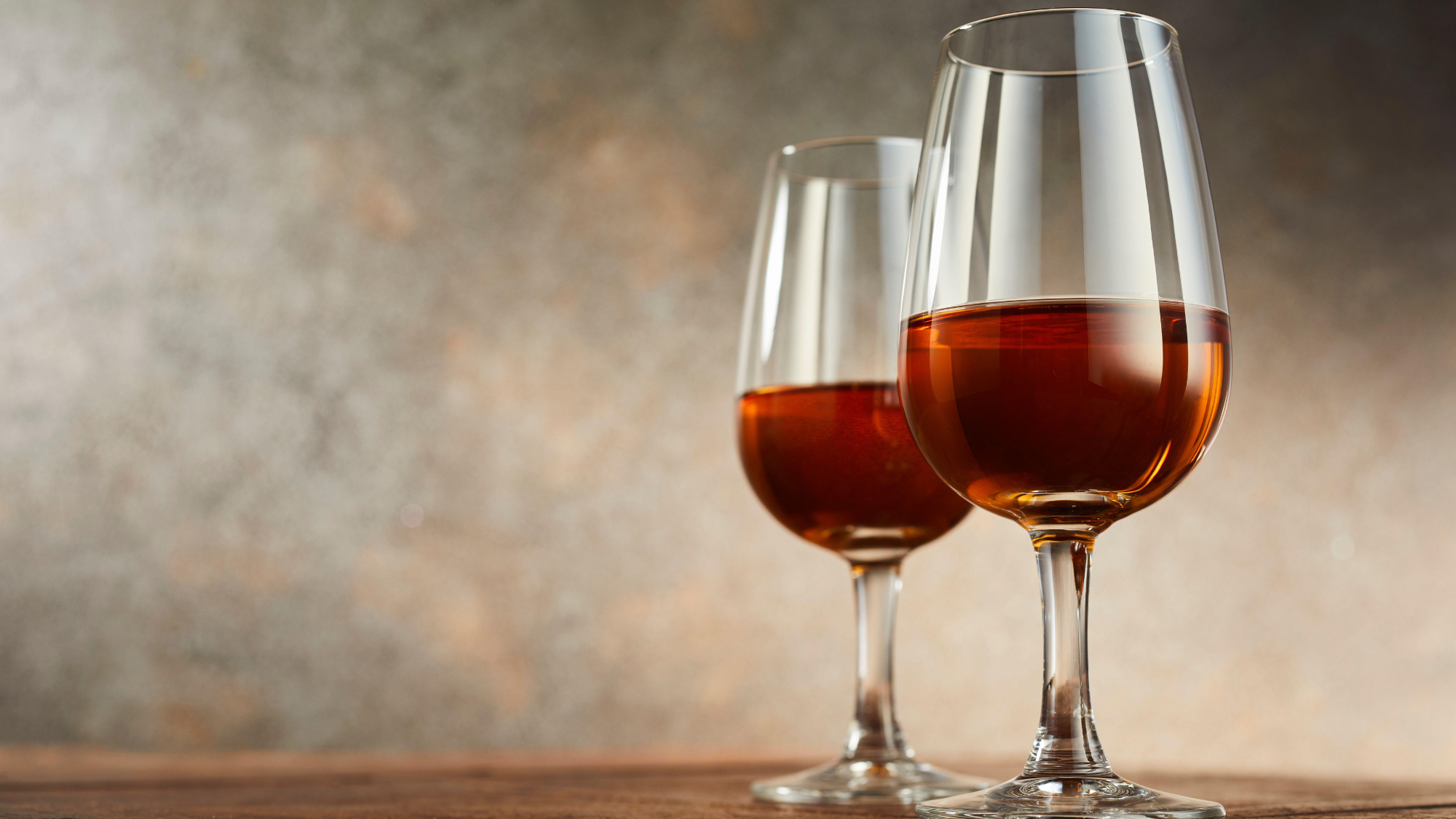 The best sherries to try this autumn
The best sherries to try this autumnThe Week Recommends The warming tipple from sunny Spain is an underrated cold-weather staple
-
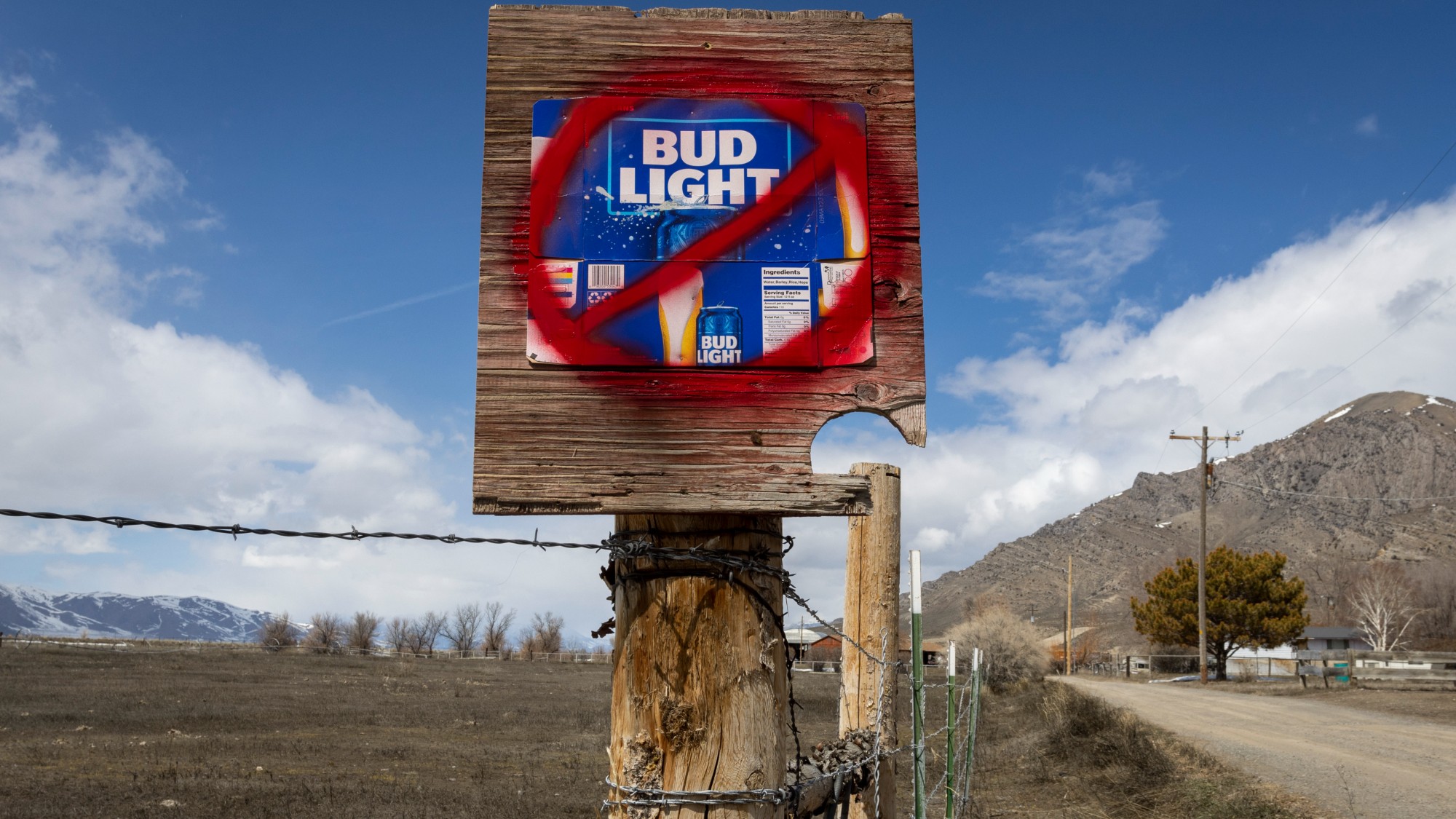 How Maga fell out of love with beer
How Maga fell out of love with beerIn The Spotlight Right-wingers in the US have boycotted beverage brands that fell foul of culture war, and now some are going fully sober
-
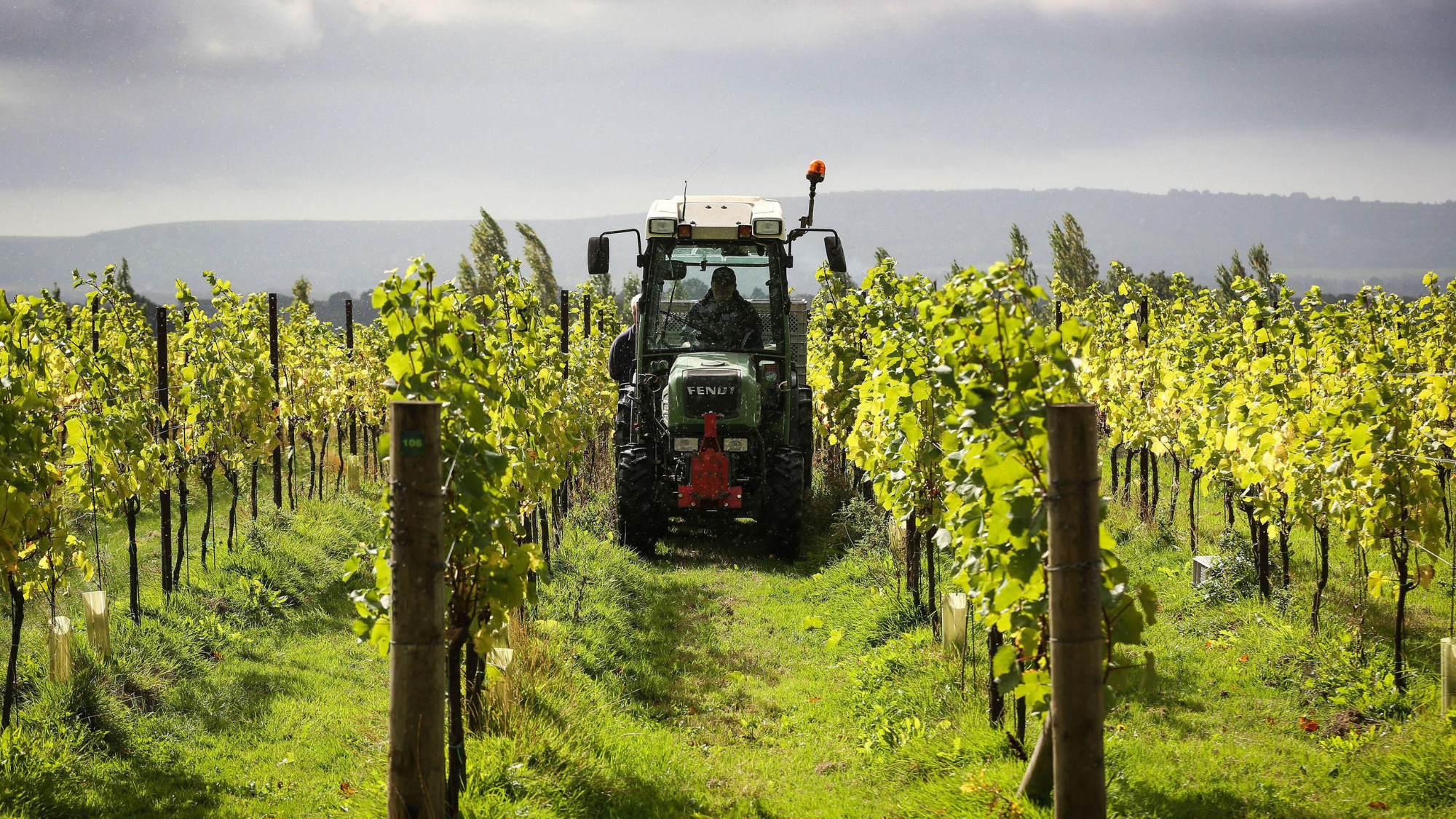 The rise of English sparkling wine
The rise of English sparkling wineThe Week Recommends As UK-based brands give champagne a run for its money, here’s everything you need to know about choosing the right bottle
-
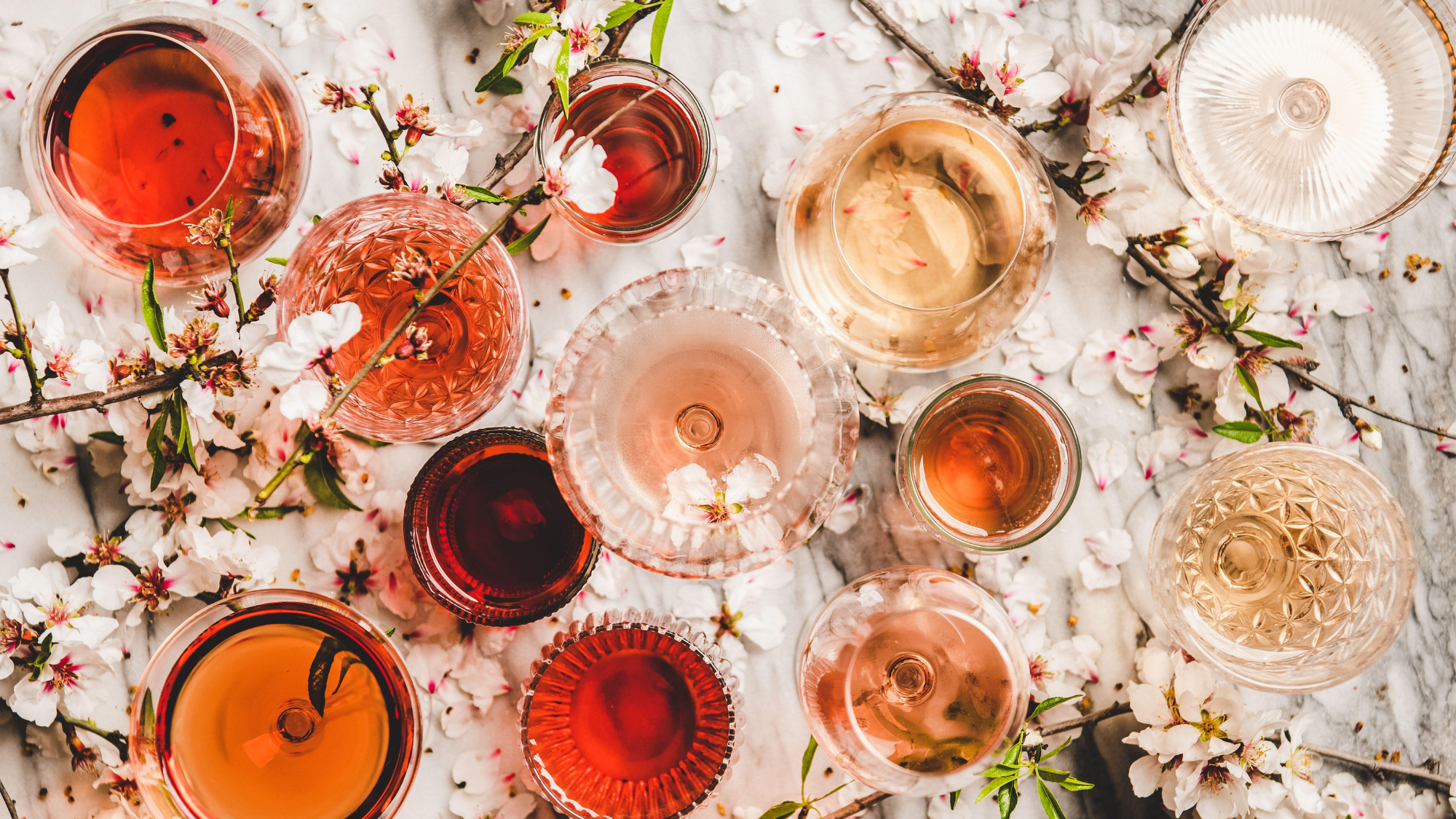 Rosorange: the chic 'love child' of orange wine and rosé
Rosorange: the chic 'love child' of orange wine and roséThe Week Recommends Peachy to look at and crisp to drink, here's to the wine of the summer
-
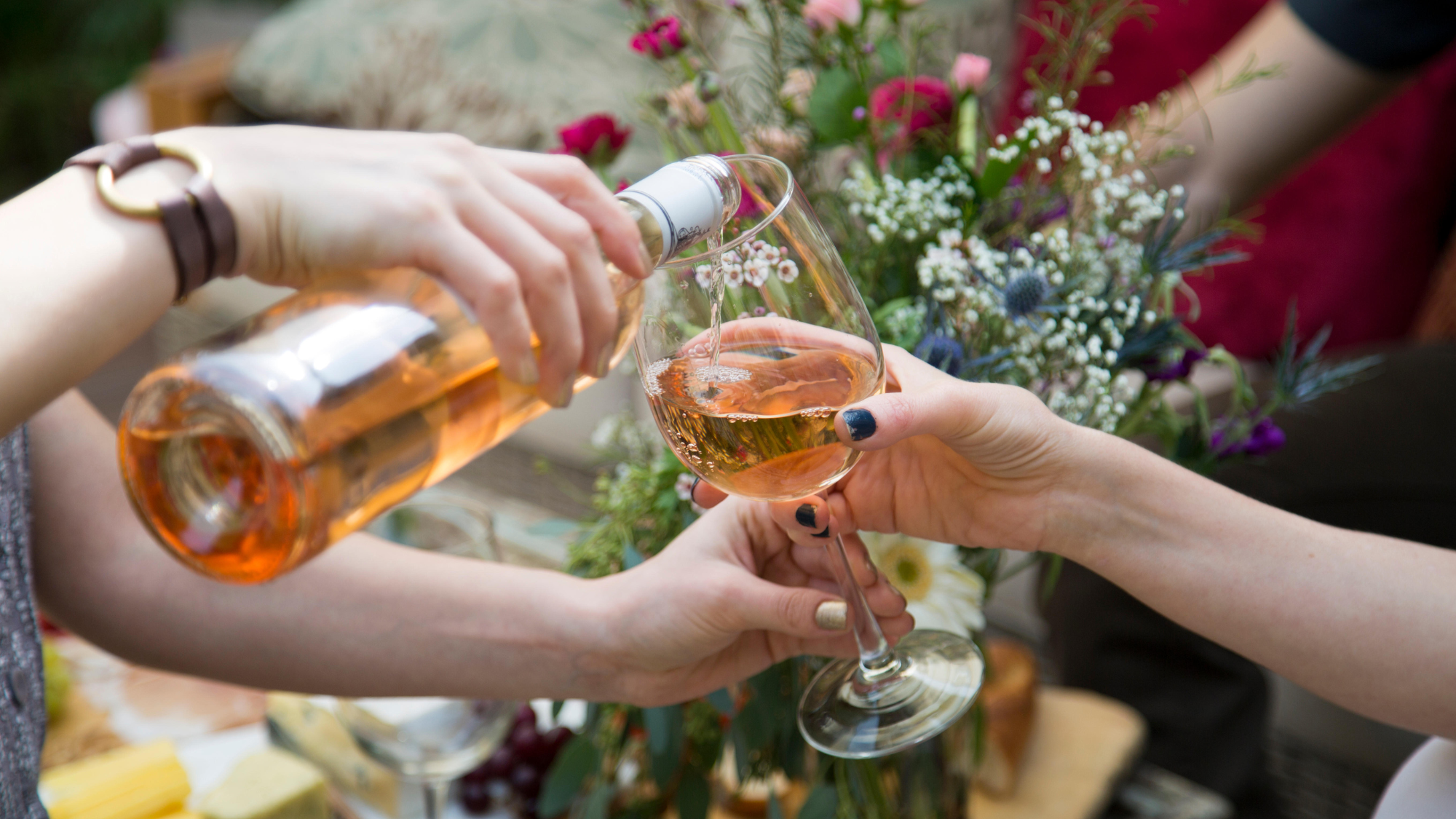 The best rosé wines to try this summer
The best rosé wines to try this summerThe Week Recommends Warm weather means it's pink wine's moment in the sun